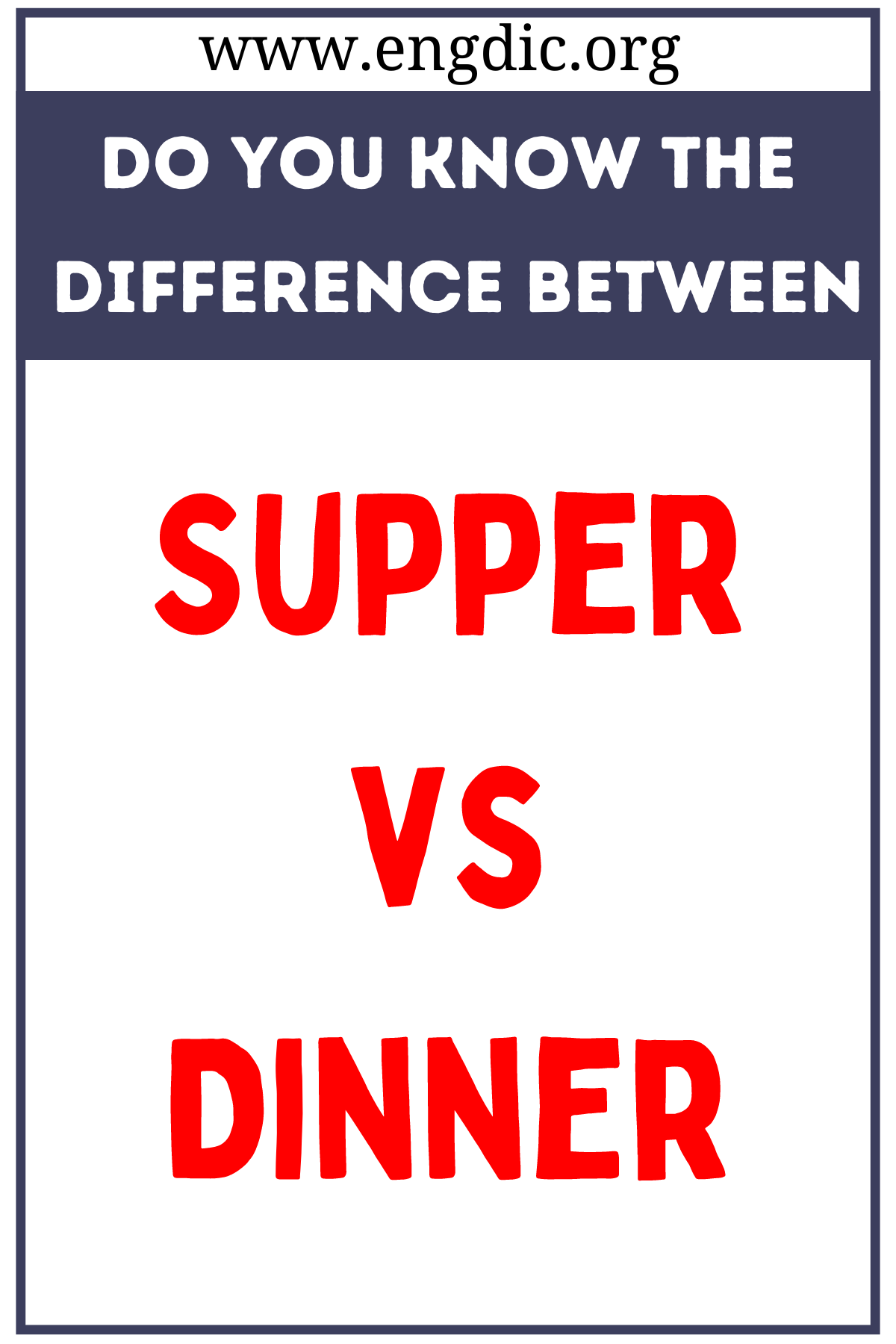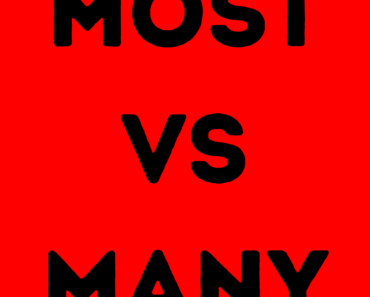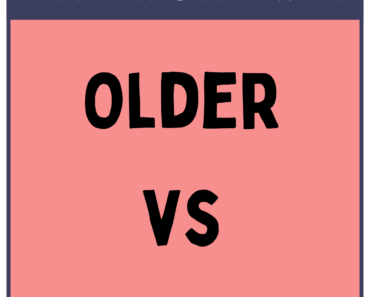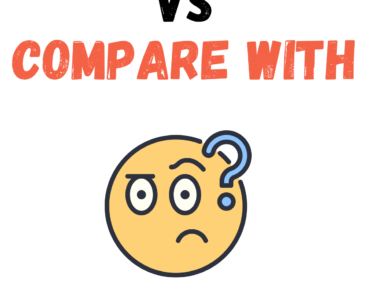The terms “supper” and “dinner” often cause confusion due to their overlapping usage.
- Dinner typically refers to the main meal of the day, which can be eaten at any time from midday to evening.
- Supper, however, generally denotes a lighter meal consumed later in the evening.
The distinction can vary based on region, culture, and personal habits. For instance, in some areas, “supper” is used to describe a casual, evening meal, while “dinner” is reserved for formal occasions. Understanding these subtle differences helps clarify expectations around mealtime in different settings.
Dinner
Definition: The primary meal of the day, often eaten in the evening but sometimes midday.
Usage:
- Time of Day: Traditionally, dinner refers to the heaviest or most significant meal of the day. In some cultures, it’s served at midday (lunch), while in others, it’s served in the evening.
- Example: “We have a big family dinner every Sunday afternoon.”
- Occasion: Dinner often denotes a formal or significant meal.
- Example: “They hosted a dinner party to celebrate their anniversary.”
- Formality: It’s used for formal events, business meetings, or special occasions.
- Example: “We were invited to a corporate dinner with the company’s executives.”
Supper
Definition: A light evening meal, often eaten later in the evening.
Usage:
- Time of Day: Supper typically refers to a light evening meal, generally eaten later than dinner.
- Example: “We had a small supper after coming back from the late movie.”
- Informality: It is usually less formal than dinner, often implying a casual, family-oriented setting.
- Example: “After the barbecue, they sat down for a late-night supper together.”
- Regional Differences: In some regions, “supper” is synonymous with dinner, though it’s often associated with a lighter meal.
- Example: “In rural areas, supper is sometimes served instead of dinner.”







